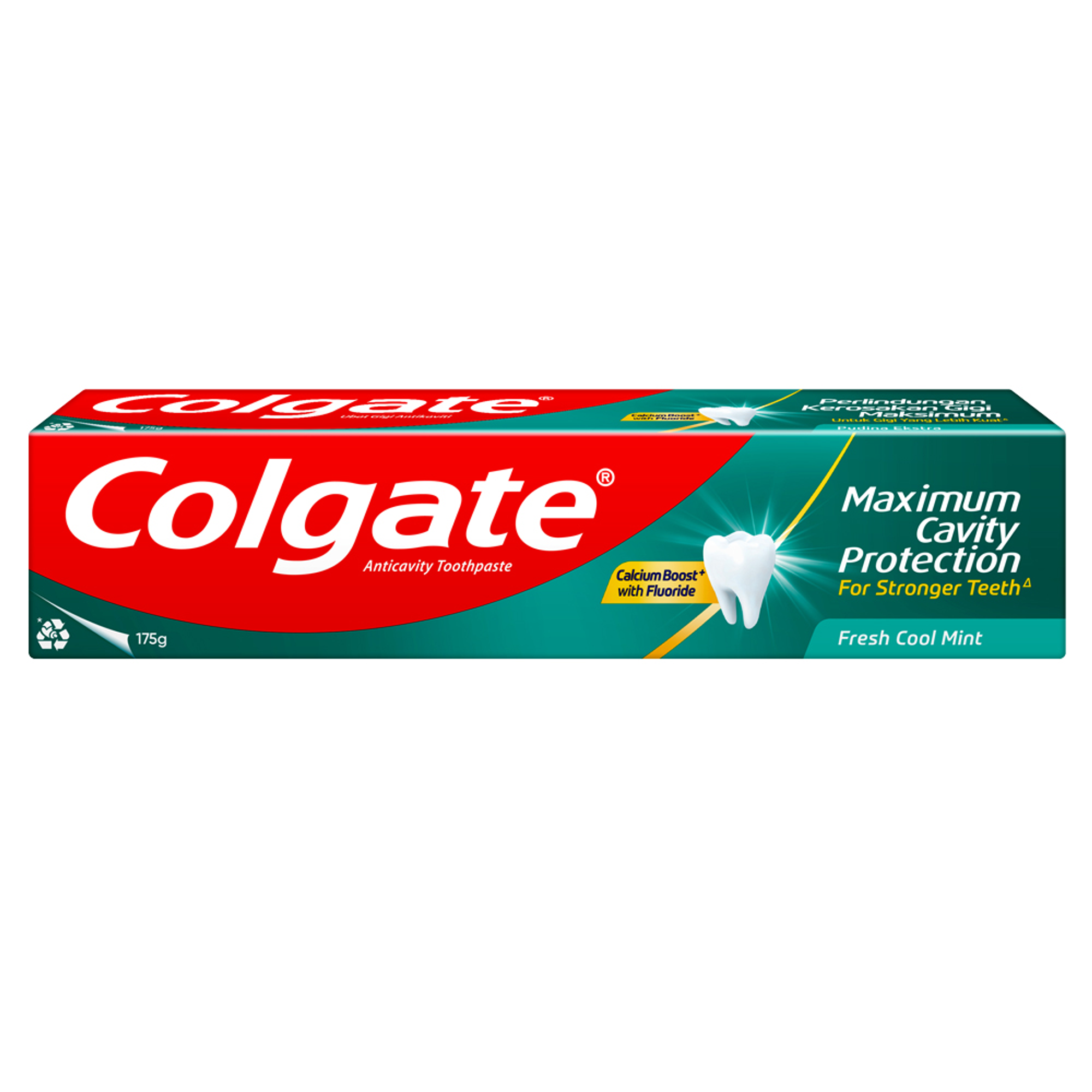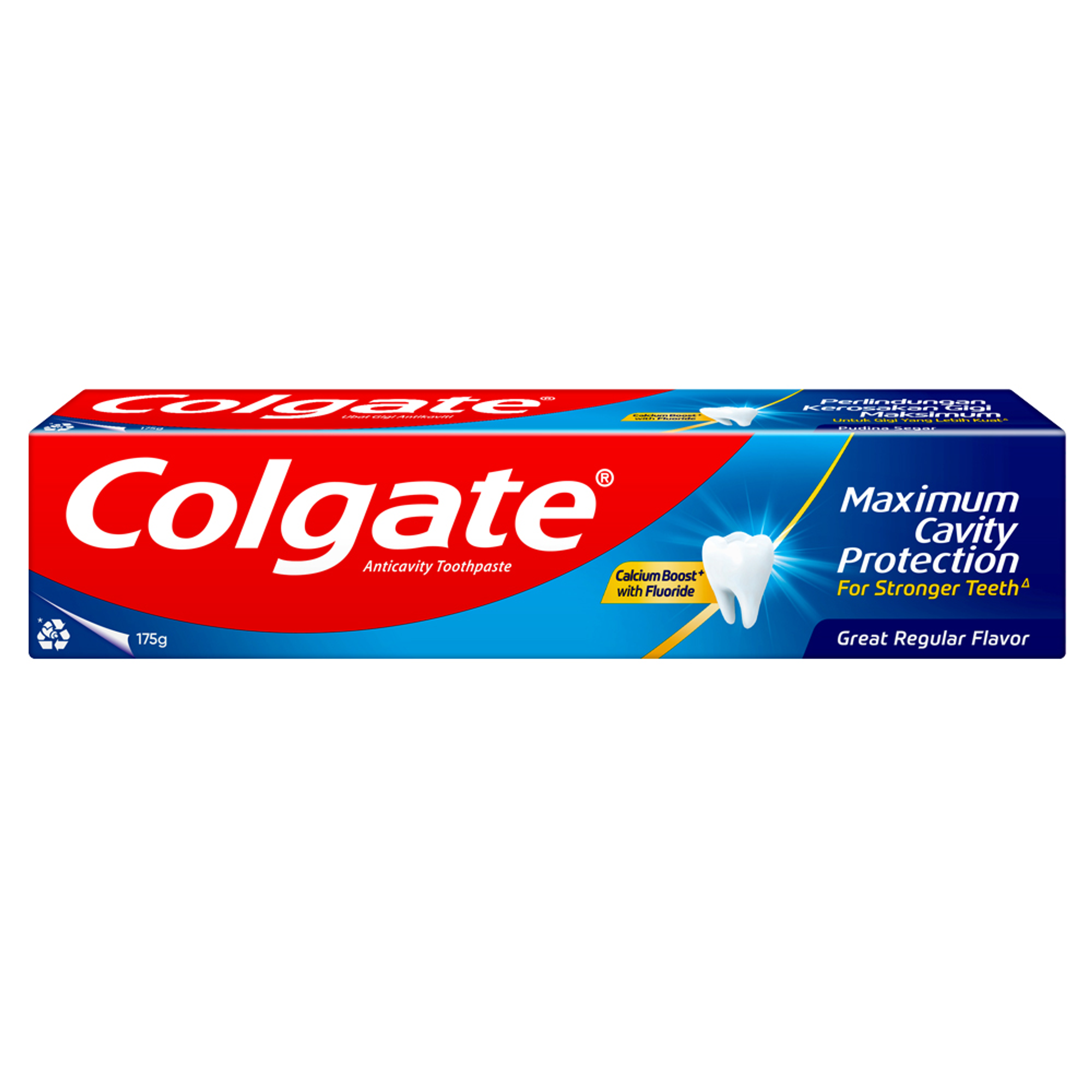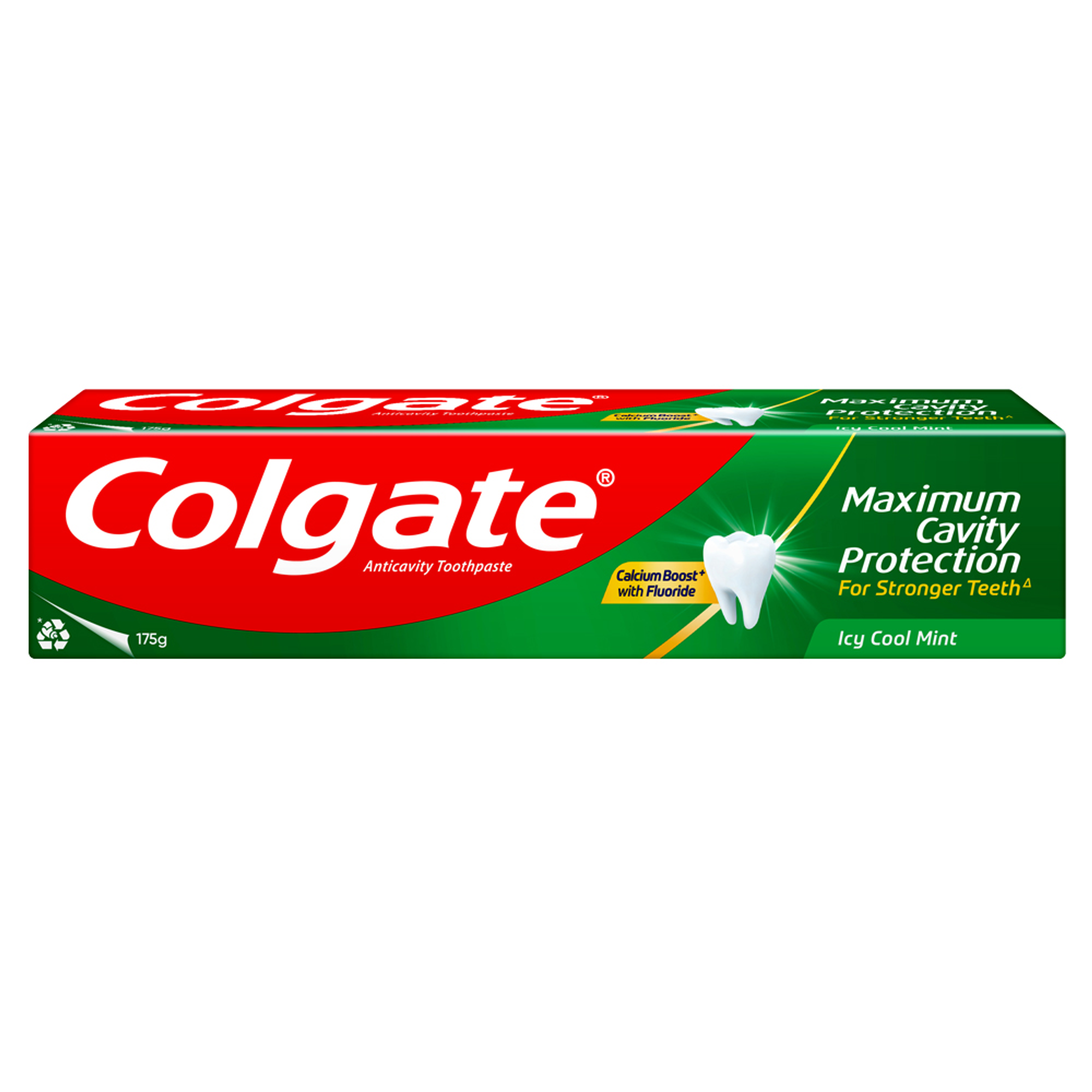- Oral Health and Dental Care | Colgate®
- Oral Health
- Types of Professional Dentist Specialist | Colgate MY


General dentists are the primary care providers for the majority of basic dental needs, like bi-annual checkups and routine cleanings. However, sometimes patients' needs specific dental treatments that require the attention of a dentist specialist.
The American Dental Association recognizes various specialties within the dentistry profession. Individuals who practice under these specialties receive the same undergraduate education, graduate from accredited dental programs, and are licensed as a dentist prior to continuing their education for an additional two to four years to achieve recognition as a dental specialist.
Check out these dental professionals to see to whom you may be referred to by your general dentist.
Periodontists
In addition to the care of the teeth, there is an entire specialty that cares for all the structures that surround the teeth. Periodontists study and treat conditions that affect the stability of the teeth, such as bone levels, gum tissue, and the ligaments that hold the teeth in place in the bone. These specialists are also called upon to place dental implants with certification.
Periodontists often treat gum disease cases that involve gum surgery outside what a general dentist would complete in his or her office. The American Academy of Periodontology notes that periodontists also complete root planing and scaling procedures.
To avoid having to visit a periodontist in the first place, it's key to take care of your gums. You can start by switching up your home oral care routine and use a toothpaste, like Colgate Total Professional Clean Paste , which helps prevent plaque, tartar build-up and gingivitis.
Pediatric Dentists
The American Academy of Pediatric Dentistry is the professional association for the dental specialists who treat children younger than 18 years old and patients with special needs. These dentists research, advocate for, and promote oral and total health for children. They do similar services that dentists provide to this younger patient population and their offices are decorated in a fun and playful way to make children’s experience at the dentist a positive one.
Endodontists
Endodontics is the field that studies the blood and nerve supply that lives inside the roots of the teeth. This tissue, called the dental pulp, sometimes needs special treatments to eliminate infections or repair injuries. The most common procedure that endodontists perform is root canals.
Orthodontists
Orthodontists are specialists who work to align the jaw and straighten the teeth to improve the function and longevity of a patient's dentition. Orthodontists aid in guided growth of the face and jaw through various orthopedic devices, such as braces, retainers, aligners and headgear. Seeing an orthodontist for one to three years is common in order to get a beautiful smile with straight teeth.
Prosthodontists
Prosthodontists specialize in the preparation and fabrication of various tooth-replacement restorations, including dentures, bridges and implant crowns. These specialists receive additional training in replacement options for missing structures of the head, neck, mouth and face. Prosthodontists are experts in dental materials and often use very specific products to fabricate crowns and dentures.
Oral and Maxillofacial Professionals – Pathologists, Radiologists and Oral Surgeons
Oral and maxillofacial professionals assess, diagnose, and create and complete treatment plans for diseases that occur in the face, mouth or neck. Here are three concentrations within this field:
Oral pathologists. Oral pathologists specialize in the identification, management and sometimes treatment of various pathologies in the head and neck. When a general dental finds a suspicious lump or bump in the mouth or jaw, he or she may refer the patient to an oral pathologist for assessment and further testing.
Oral radiologists. A dentist specialist who practices the science of interpreting dental X-rays to diagnose specific head and neck conditions is called a dental radiologist. This type of scientist uses radiant energy to produce and analyze radiographs to detect disease.
Oral surgeons. Oral surgeons concentrate on extractions, implants and facial surgeries. Training and licensure in oral and maxillofacial surgery includes many years of training beyond dental school. The length of the extra education varies by state, college and program. Oral surgeons devise treatment plans and fabricate prostheses for patients who lose portions of the head and neck from oral and maxillofacial diseases. Many dental patients are referred to oral surgeons for wisdom teeth extractions.
The various specialties within dentistry collaborate to research and advance the art and science of dentistry to prevent disease and improve the oral and overall health of their patients.
Related Products

Helping dental professionals
More professionals across the world trust Colgate. Find resources, products, and information to give your patients a healthier future













